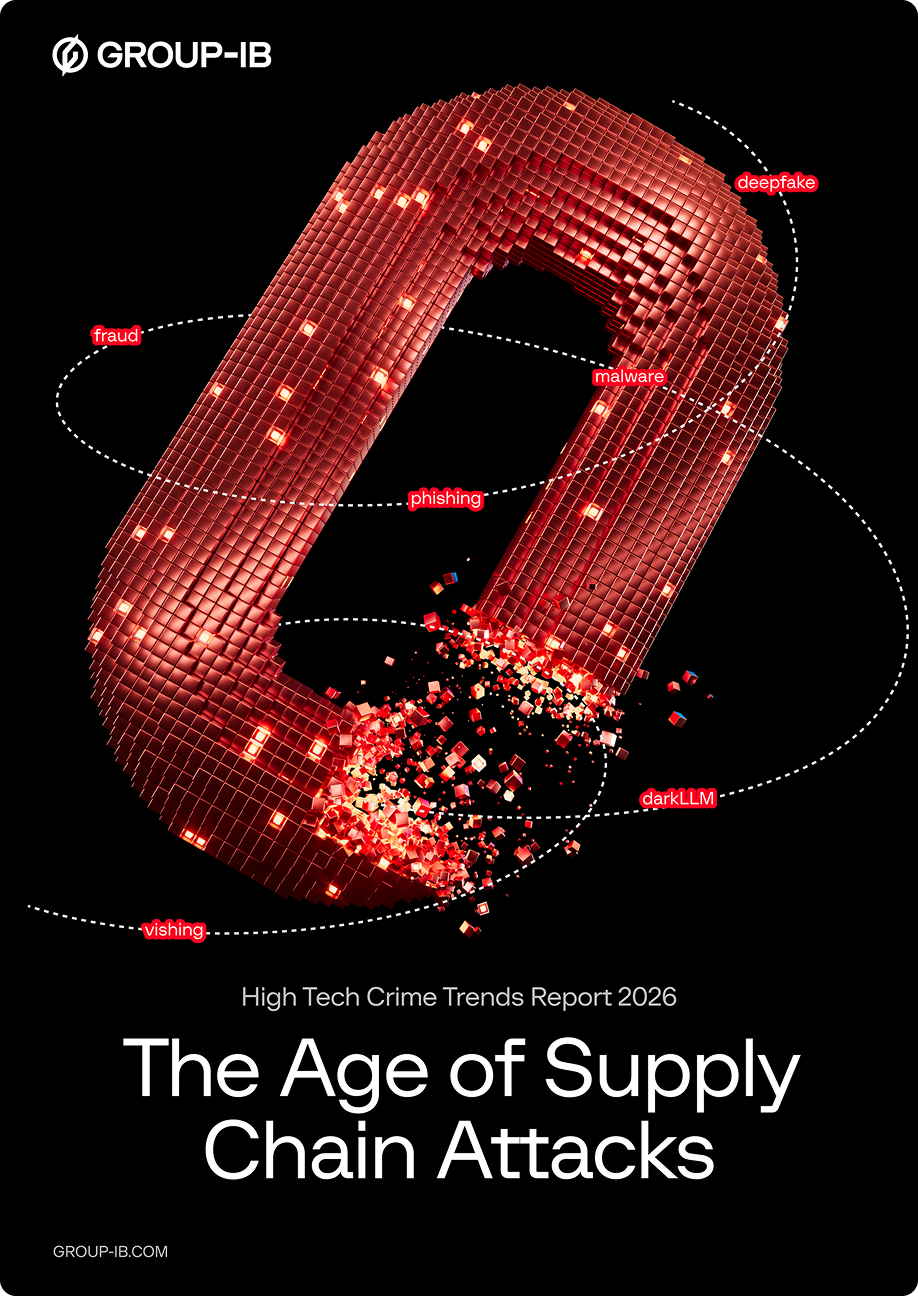What is identity security?
Identity security refers to the measures and practices used to protect an individual’s personal information from unauthorized access or use. This can include passwords, two-factor authentication, biometric authentication, and best practices for safeguarding personal data, such as not sharing passwords or personal details online.
Why is Identity security important?
Since the advent of the internet and the increased utilization of smartphones, our identities have been recreated in the virtual world. From online banking to online shopping, many places require our personal information. Any unwarranted use of our identity information can have disastrous consequences for our savings and, in some cases, even our lives. Unfortunately, the scope of identity theft has only increased in the last decade. The more we use smartphones and the internet for our daily needs, the more often our personal information is replicated.
Identity security is an essential aspect of cybersecurity, as identity theft and other forms of identity fraud can have severe consequences for individuals and organizations. By implementing strong identity security measures, users can protect themselves and their sensitive information from unauthorized access and use.
Identity theft social security – know the risks
Identity theft is when an individual’s personal and identifying information is stolen and used without permission. This can include their name, address, date of birth, and Social Security number. Identity thieves may use this information to open new accounts, make purchases, or take out loans in the victim’s name.
Social Security identity theft
Social security numbers are frequently targeted by identity criminals because they serve as a key to accessing a multitude of personal and financial information. This sensitive identifier is a crucial piece of data that, if compromised, can lead to severe consequences. Identity thieves may exploit social security numbers to gain unauthorized access to bank accounts, credit reports, and other confidential records.
Given the wide-ranging implications of such breaches, it is imperative to safeguard your Social Security number diligently. Once in the wrong hands, it becomes challenging to recover from the aftermath of identity theft. The repercussions may include financial losses, damaged credit scores, and a lengthy and arduous process to rectify the fraudulent activities.
Exercise caution when sharing your Social Security number and only disclose it when necessary and to trusted entities. To protect against identity theft, using strong, unique passwords, enabling two-factor authentication, and protecting personal information is vital. You should also regularly review your credit report and financial accounts for any unauthorized activity and report any suspicious activity to the appropriate authorities.
How does Identity security protect data?
Some standard components of identity security that help protect users’ data include:
- Solid and unique passwords: Using strong, unique passwords for each account can help prevent attackers from guessing or cracking your password and gaining access to your data.
- Two-factor authentication: this type of authentication adds a layer of security by requiring an additional form of authentication. For example, it could be a code sent to your phone and your password. This can make it much more difficult for attackers to access your accounts.
- Biometric authentication: Biometric authentication involves using a physical element – fingerprint or facial recognition to verify a person’s identity. This can provide an additional layer of security beyond passwords and two-factor authentication.
Protecting personal information: It is essential to be cautious about sharing personal data online, such as your name, address, or date of birth. Avoid sharing this information unless necessary, and ensure it is protected when transmitted.
Choosing the right identity security for your business is crucial to safeguarding sensitive information and ensuring a secure digital environment. Identity security can be strengthened through identity and access management (IAM) solutions like multi-factor authentication (MFA), credential-based passwordless access, and single sign-on (SSO).
Many users are careless when it comes to strengthening their passwords, and use weak or multiple passwords to access their digital assets. Cybercriminals often use this as a conduit to exploit user information online for financial gains or to conduct secondary attacks.
Group-IB offers a set of IAM capabilities. With Group-IB Fraud Protections’s Passwordless Authentication, an organization’s customers can access applications and IT systems without needing to enter passwords or answer security questions and instead use convenient methods like device fingerprinting, connectivity type analysis, etc. This approach often works alongside IAM solutions, simplifying user experiences, and reducing IT operational complexities.
Aligning identity security measures with your business objectives is crucial for organizations to comprehend how such measures contribute to overarching goals. Whether the focus is on building customer trust, ensuring regulatory compliance, or safeguarding intellectual property, integrating identity security into your business strategy is essential.
By leveraging Group-IB’s Audit and Consulting services, businesses can establish a robust and effective defense against identity-related threats and secondary risks. Our team of experts can collaborate with you to build an iterative process, continuously reviewing and enhancing your identity security measures. This becomes particularly vital as your operations expand, your user base grows, and the digital landscape evolves.
By tapping into our expertise, your organization can proactively address emerging challenges, stay compliant with industry standards, and build resilient defenses against threats. This collaborative approach not only protects your sensitive information but also aligns your identity security efforts with the needs and objectives of your business.

























